We’re eager to share the raw reflections of a subset of our team members in hopes that readers find inspiration or meaning in them. But, before we fully dive in, we’d like to take a minute to make clear our intent: our aim is to reclaim the concept of resilience by embracing the consideration of all its nuances. Specifically, for some of us, resilience has a flavor of pain and trauma which is linked deeply to identity and privilege and the systemic origins of the need to build and demonstrate resilience in the first place. The concept led us to consider deeply: who is most often described as resilient? And how is that designation used? Is it with grace and kindness, compassion and love (for self and others)? And/or, is it weaponized, such that vulnerability and emotion aren’t welcome but, rather, resilience is wielded as a request to summon “grit” and forge our way through harm and pain? We hear this latter version in conversations about “bootstrapping,” in which resilience carries oppressive assumptions coupled with an expectation that some should find a way to overcome without a fair shot at the outset or help from others along the way.
We’ve seen these many sides of resilience play out in the education sector over time. As Cornelius Lee, Associate Partner at Promise54, summarized, “a central tenet of the education reform movement is centered around kids of color being ‘resilient’ versus acknowledging the real challenges and institutional barriers Black and Brown communities face. Acknowledging the challenges is the equity piece that is oftentimes missing from the resilience conversation. Resilience, in and of itself, plays into the myth of meritocracy– i.e., If you can be resilient, you can be successful.”
So, with that context in mind, we’re sharing what came up, unfiltered, for some of our colleagues in hopes that it inspires you to consider the multifaceted aspects of resilience: what’s meaningful to you, your team, your family, or your organization about resilience? And how does your perspective on resilience influence the ways in which you show up?
Our associations with the concept of resilience
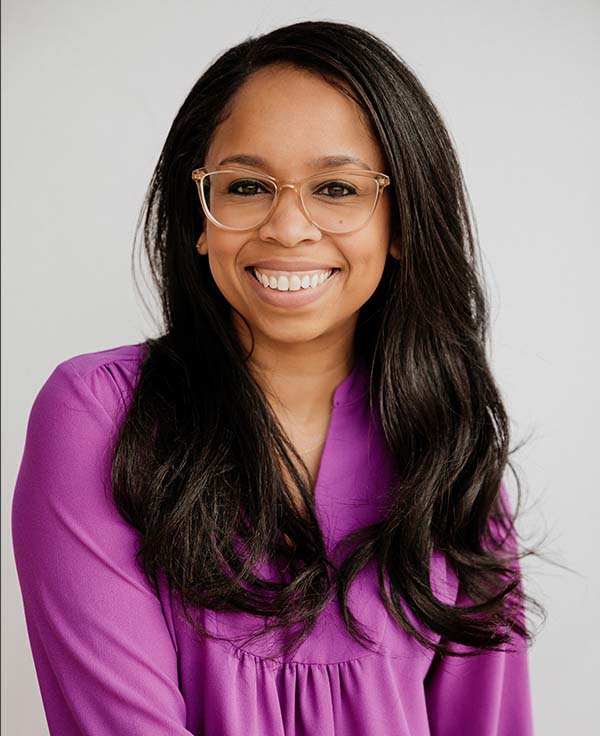 Growing up, I don’t think I actually had language to conceive of or articulate a definition for “resilience”. Culturally, it was (and it remains) just something embedded in the way I navigate the world as a Black woman. It’s not something I actively think about; it’s just a part of my being. In college, I came to terms with needing to be “resilient” after a break-up. I knew I needed to stop harboring feelings towards this person I was no longer seeing, and move on with my life. I think that’s when the concept of resilience first came onto my radar. Later in adulthood (and, with lots of help in therapy), I’m realizing that there are MANY things from childhood, early adulthood and present-day life that I need to process, work through and move past. When I find myself holding onto things, I’m now acutely aware that there’s likely something unresolved from childhood that I need to work THROUGH (as opposed to getting OVER), so that I can move forward in my life. Today, when I think about what it means for me to be resilient, I think about 1. identifying a root cause issue (again, likely from childhood), 2. acknowledging / honoring the hurt, fear and pain associated with that root cause, 3. taking steps to resolve those feelings, and 4. affording myself grace when I inevitably regress of backslide from whatever recovery I’ve made… because resilience can be a long process. One thing I’d like to be better about is recovering more quickly. I’d like to build enough muscle to move through those four steps faster. I notice, even now, that I hold on to things that no longer serve me far longer than I want to or need to… Perhaps this means I need to spend more time in “phase 4” of the process? I just don’t want to. I’d like for resilience to be a faster, more nimble process; something I can “master” even if that seems / sounds unrealistic. In 2020, it has meant quickly releasing / letting go of things I cannot control, and instead focusing on things that I can change (or at least focusing in places where I can affect change). This has been a helpful approach for protecting my sanity, and helping me to build that muscle. ~ Alison Brock McGill
Growing up, I don’t think I actually had language to conceive of or articulate a definition for “resilience”. Culturally, it was (and it remains) just something embedded in the way I navigate the world as a Black woman. It’s not something I actively think about; it’s just a part of my being. In college, I came to terms with needing to be “resilient” after a break-up. I knew I needed to stop harboring feelings towards this person I was no longer seeing, and move on with my life. I think that’s when the concept of resilience first came onto my radar. Later in adulthood (and, with lots of help in therapy), I’m realizing that there are MANY things from childhood, early adulthood and present-day life that I need to process, work through and move past. When I find myself holding onto things, I’m now acutely aware that there’s likely something unresolved from childhood that I need to work THROUGH (as opposed to getting OVER), so that I can move forward in my life. Today, when I think about what it means for me to be resilient, I think about 1. identifying a root cause issue (again, likely from childhood), 2. acknowledging / honoring the hurt, fear and pain associated with that root cause, 3. taking steps to resolve those feelings, and 4. affording myself grace when I inevitably regress of backslide from whatever recovery I’ve made… because resilience can be a long process. One thing I’d like to be better about is recovering more quickly. I’d like to build enough muscle to move through those four steps faster. I notice, even now, that I hold on to things that no longer serve me far longer than I want to or need to… Perhaps this means I need to spend more time in “phase 4” of the process? I just don’t want to. I’d like for resilience to be a faster, more nimble process; something I can “master” even if that seems / sounds unrealistic. In 2020, it has meant quickly releasing / letting go of things I cannot control, and instead focusing on things that I can change (or at least focusing in places where I can affect change). This has been a helpful approach for protecting my sanity, and helping me to build that muscle. ~ Alison Brock McGill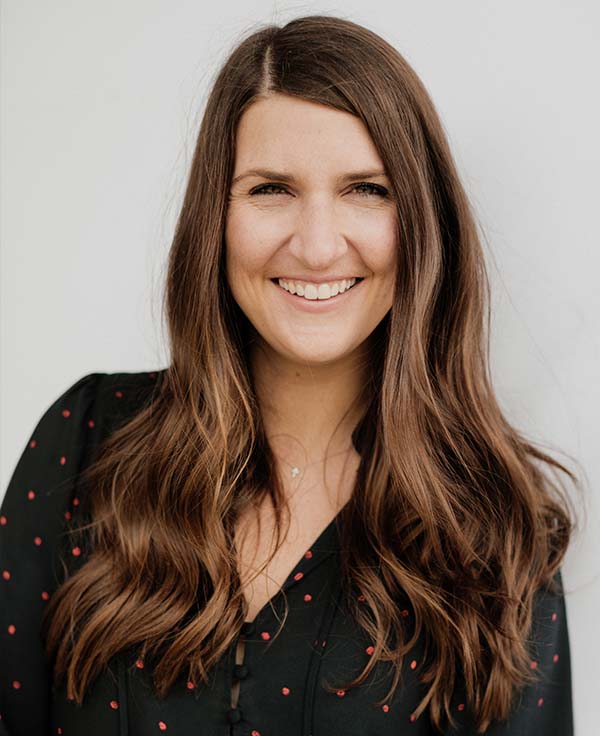 Growing up, I was taught that being resilient looked like working hard, persevering when things got tough, pushing through and never giving up. If I did these things, I’d be successful. As I’ve gotten older, I realize the privilege and white dominant norms that accompany those mindsets. Being resilient doesn’t always equal success, and success is not necessarily the end goal (nor should it be). Also, the privilege that some folks have (and the grace they are given) to practice resilience is inextricably tied to their identities. I have a lot of work to do to unpack the problematic experiences and mindsets linked to the word “resilience” for me~ Courtney Broun
Growing up, I was taught that being resilient looked like working hard, persevering when things got tough, pushing through and never giving up. If I did these things, I’d be successful. As I’ve gotten older, I realize the privilege and white dominant norms that accompany those mindsets. Being resilient doesn’t always equal success, and success is not necessarily the end goal (nor should it be). Also, the privilege that some folks have (and the grace they are given) to practice resilience is inextricably tied to their identities. I have a lot of work to do to unpack the problematic experiences and mindsets linked to the word “resilience” for me~ Courtney Broun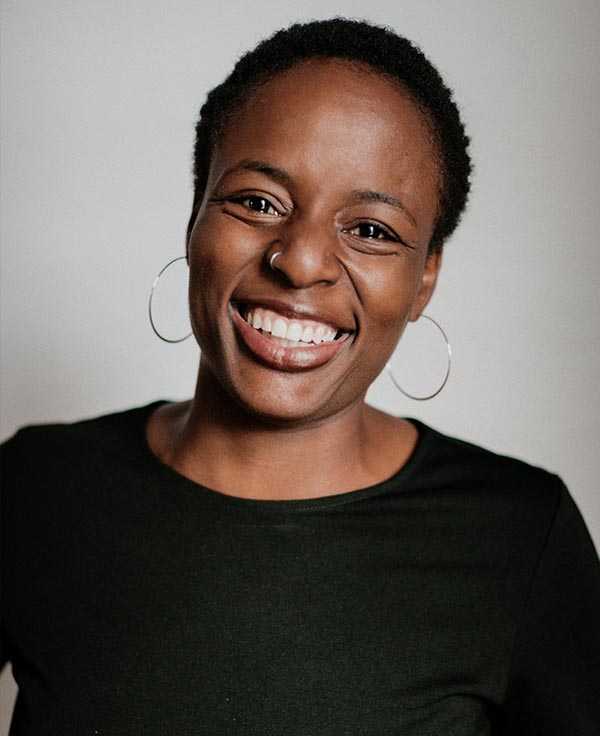 Resilience is a tricky thing for me. I always thought resilience meant pushing through whatever comes at you. That’s how I spent most of my life, even if it hasn’t been what was actually good for me. So, I haven’t necessarily thought of resilience as a positive thing. This definition of resilience didn’t fit me in the way I saw it fit my family members. I grew up in a Southern Black Baptist household where we learned faith and family would get us through anything. My parents were adolescents in the time of school integration in the South. My grandmother had to take a test to vote. These people were, and still are in many ways, my examples of resilience. There was no room for feelings. Just faith and perseverance. These forms of resilience haven’t always worked for me if we are being honest. As an adult, I’ve actively worked to redefine resilience for myself. Resilience for me is getting myself in therapy. It’s stopping to take a pause and check-in with myself. It’s reading. It’s feeling mad and expressing it. It’s feeling sad and expressing it. It’s feeling happy and expressing it. Resilience to me now is the ability to just be. While I very much understand and appreciate the ways my family taught me to be resilient. I know that it has to be different for me. ~ Kiera Vinson
Resilience is a tricky thing for me. I always thought resilience meant pushing through whatever comes at you. That’s how I spent most of my life, even if it hasn’t been what was actually good for me. So, I haven’t necessarily thought of resilience as a positive thing. This definition of resilience didn’t fit me in the way I saw it fit my family members. I grew up in a Southern Black Baptist household where we learned faith and family would get us through anything. My parents were adolescents in the time of school integration in the South. My grandmother had to take a test to vote. These people were, and still are in many ways, my examples of resilience. There was no room for feelings. Just faith and perseverance. These forms of resilience haven’t always worked for me if we are being honest. As an adult, I’ve actively worked to redefine resilience for myself. Resilience for me is getting myself in therapy. It’s stopping to take a pause and check-in with myself. It’s reading. It’s feeling mad and expressing it. It’s feeling sad and expressing it. It’s feeling happy and expressing it. Resilience to me now is the ability to just be. While I very much understand and appreciate the ways my family taught me to be resilient. I know that it has to be different for me. ~ Kiera Vinson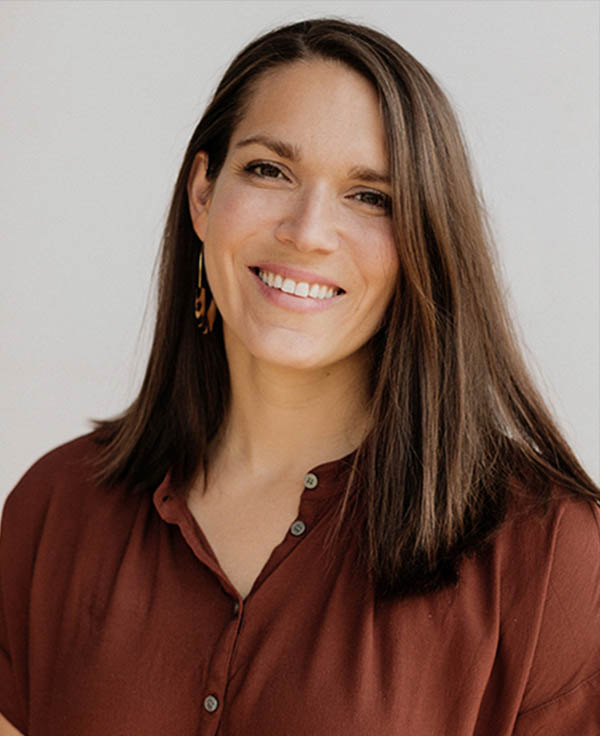 As a white, cis, straight woman, raised by two parents who graduated from college, I had a lot of supports in place to foster resilience. I did not experience extreme traumas in my early childhood and I learned about the concept of resilience through sports, athletic injuries, and interpersonal and learning challenges. As I’ve built an understanding of my indoctrination of whiteness and the supremacist/dominant norms that come with growing up white in America, my perspective on resilience has grown more nuanced. I’m thinking about who gets to be resilient? To what degree do I accept others’ means of exercising resilience, especially when it may differ from my own? Also, I identify as an enneagram 8 and if you’re familiar with the enneagram, a tool of understanding human motivations and behavior, you would not be surprised to learn the concept of resilience, perseverance, and strength are traits that may go along with being an 8. For the first 30+ years of my life, I would have conflated acknowledgement of limitations and needs as a sign of weakness, or unresilience. I am currently reframing for myself that there is true strength in acknowledging my own limitations, and I hope that reframe not only helps me grow and respond better to challenges, but to also create the conditions for those around me to be more resilient–whatever that looks like for them. ~ Rebecca Knicely Cagle
As a white, cis, straight woman, raised by two parents who graduated from college, I had a lot of supports in place to foster resilience. I did not experience extreme traumas in my early childhood and I learned about the concept of resilience through sports, athletic injuries, and interpersonal and learning challenges. As I’ve built an understanding of my indoctrination of whiteness and the supremacist/dominant norms that come with growing up white in America, my perspective on resilience has grown more nuanced. I’m thinking about who gets to be resilient? To what degree do I accept others’ means of exercising resilience, especially when it may differ from my own? Also, I identify as an enneagram 8 and if you’re familiar with the enneagram, a tool of understanding human motivations and behavior, you would not be surprised to learn the concept of resilience, perseverance, and strength are traits that may go along with being an 8. For the first 30+ years of my life, I would have conflated acknowledgement of limitations and needs as a sign of weakness, or unresilience. I am currently reframing for myself that there is true strength in acknowledging my own limitations, and I hope that reframe not only helps me grow and respond better to challenges, but to also create the conditions for those around me to be more resilient–whatever that looks like for them. ~ Rebecca Knicely Cagle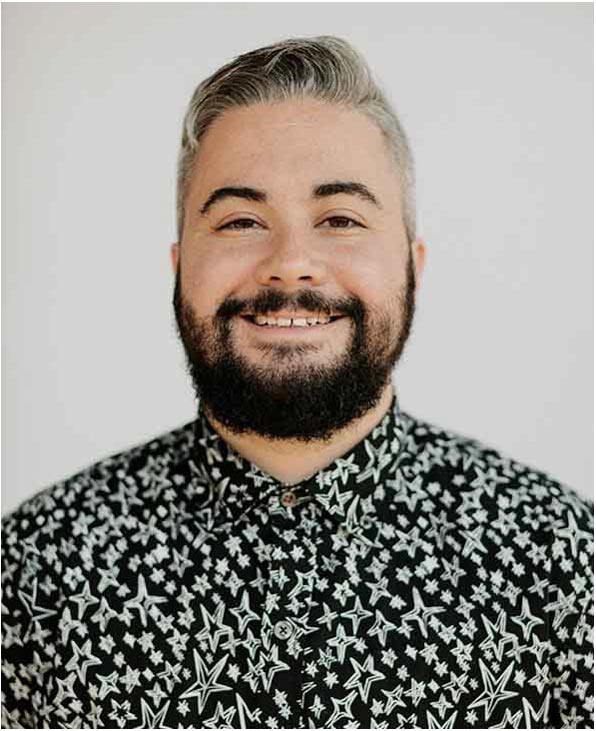 Resiliency looks different, depending on the person, the day, and the challenges one is facing. My path towards resilience is wrapped up in the degree to which I can muster self-love and be afforded grace and kindness from others. There are days when living as trans feels like an act of resistance requiring perpetual resilience. Extending kindness and grace to others (and interrogating the ways in which I do or do not) is a push I have for myself. ~ Louis Gorton
Resiliency looks different, depending on the person, the day, and the challenges one is facing. My path towards resilience is wrapped up in the degree to which I can muster self-love and be afforded grace and kindness from others. There are days when living as trans feels like an act of resistance requiring perpetual resilience. Extending kindness and grace to others (and interrogating the ways in which I do or do not) is a push I have for myself. ~ Louis Gorton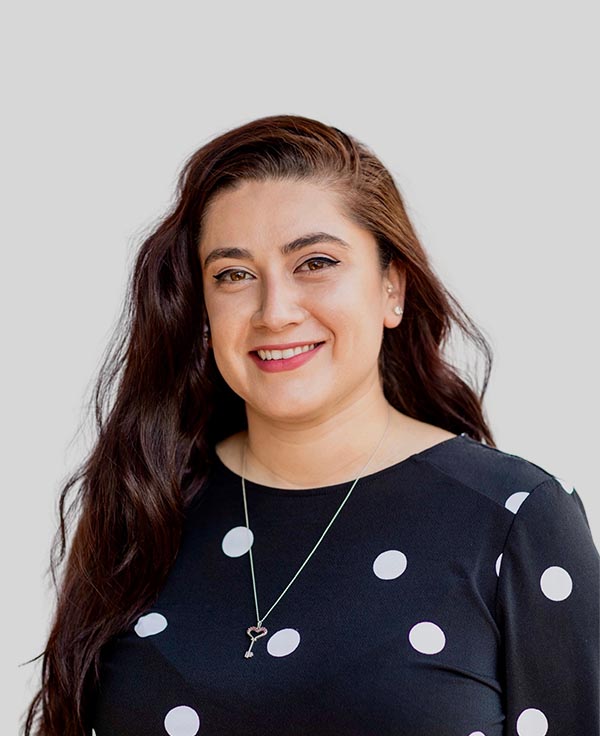 Resilience is ever-changing. I feel like what resilience meant to me a few years ago is totally different from how I would describe it today. So, there is a need to constantly redefine what resilience means. I also would say that, in my experience, resilience can often be so closely tied to cultural and societal norms, and unfortunately not a lot of those norms are positive/healthy (especially. for people of color). At this moment in my life, resilience means “I’ve overcome a lot in life, I am still learning to heal from past trauma, and I am happy with the choices I’ve made and the life I’ve built.” ~ Marilin Morales
Resilience is ever-changing. I feel like what resilience meant to me a few years ago is totally different from how I would describe it today. So, there is a need to constantly redefine what resilience means. I also would say that, in my experience, resilience can often be so closely tied to cultural and societal norms, and unfortunately not a lot of those norms are positive/healthy (especially. for people of color). At this moment in my life, resilience means “I’ve overcome a lot in life, I am still learning to heal from past trauma, and I am happy with the choices I’ve made and the life I’ve built.” ~ Marilin Morales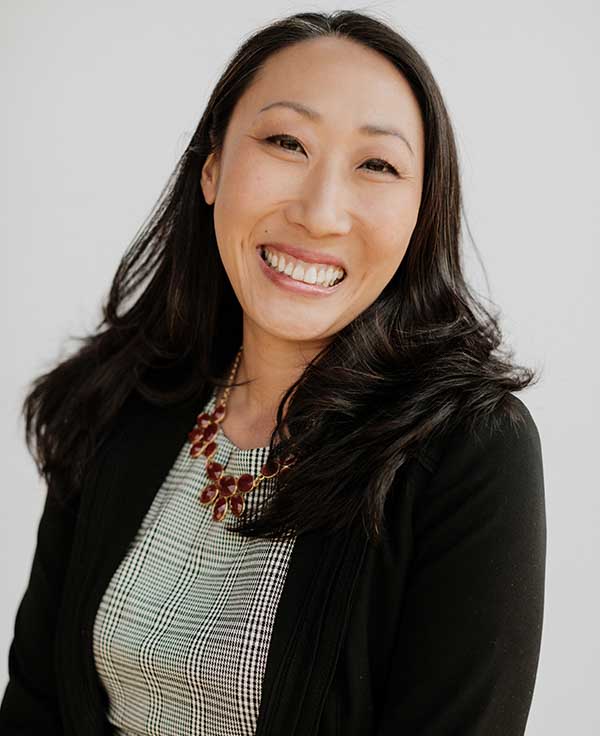 Resilience, and the privileges afforded related to it, are directly tied to one’s identities. WHO is afforded resilience, what is the effort and energy required in resilience in relation to my identities and what are the potential consequences of living into my resilience? I’m also thinking about the fact that resilience and resistance are correlated. ~ UnSuk Zucker
Resilience, and the privileges afforded related to it, are directly tied to one’s identities. WHO is afforded resilience, what is the effort and energy required in resilience in relation to my identities and what are the potential consequences of living into my resilience? I’m also thinking about the fact that resilience and resistance are correlated. ~ UnSuk Zucker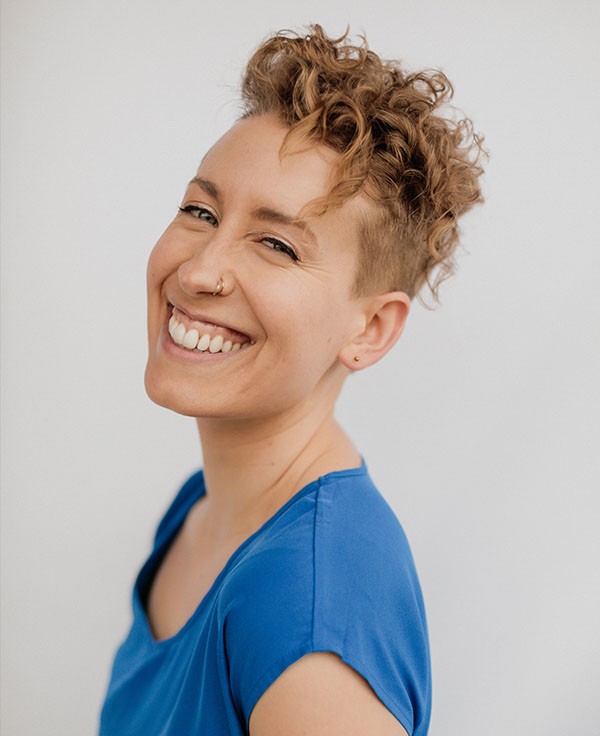
Resilience for me is belief that there’s something better after moving through. It’s believing that I can and will care for myself and others through immense challenge and pain. It’s redefining resilience as embracing emotion rather than repressing it. I’ve learned that repressing emotion limits my resilience because it leaves some festering pain behind that eventually comes to the surface. It’s also having humility in knowing that resilience looks different across life experiences and identity. ~ Dawn Albert
The meaning I have made of it is that it’s wearing a mask to make others comfortable and with the hope that maybe doing so will make you feel what you’re faking. Resilience is a “look.” I learned this after my father died when, in order to avoid pity and prevent people from being worried about me, I acted “fine.” I guess maybe I’ve failed at resilience… and that my way of manifesting resilience didn’t serve me then, and it doesn’t serve me now. I’ve gained 10 pounds since March, likely associated with eating instead of feeling. ~ Anonymous
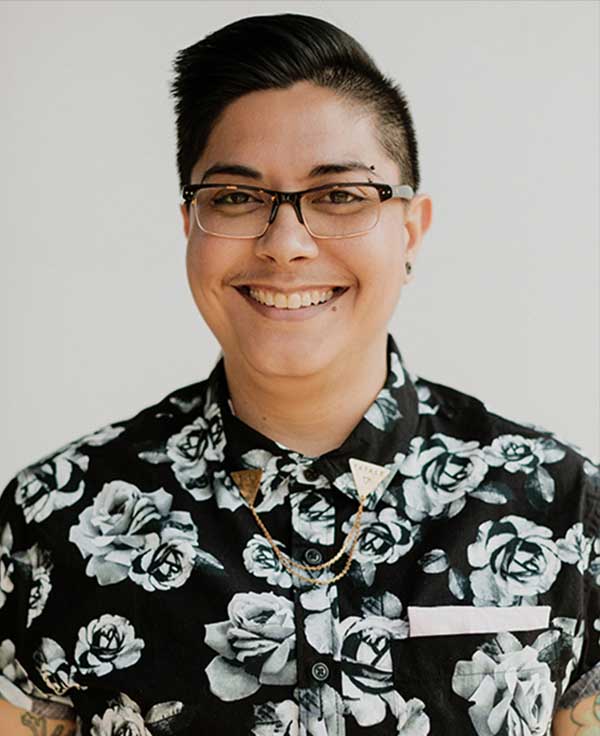
When I think about resilience, there’s an image of triumph and strength and accomplishment that comes to mind. But the most vivid picture I see is someone wading through muddy waters – an idea of pushing through, persisting when your environment is keeping you in place or pulling you down. When I think of resilience, I think of coping strategies I’ve learned along the way, tools I’ve picked up in therapy, ways to self-soothe. To be resilient is a strength, but I’m not sure if it’s necessarily healthy. I’m still working through that. ~ Danielle Ceribo
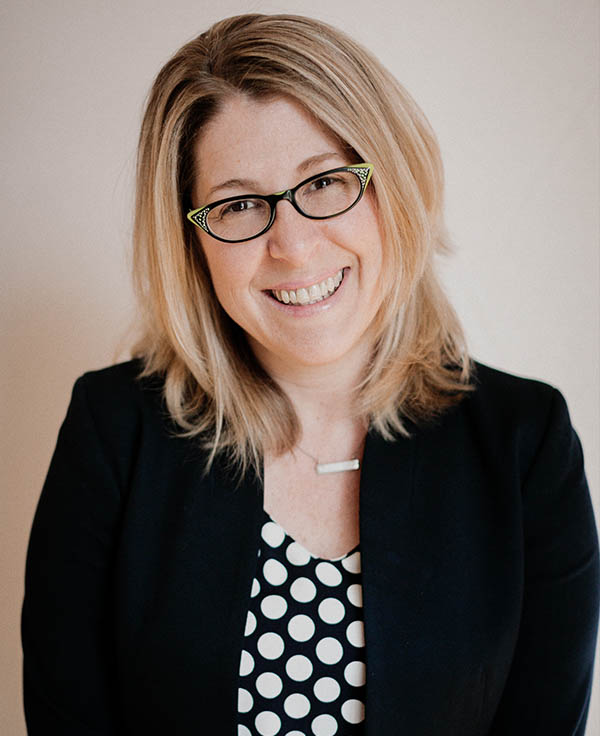 Much of my understanding of resilience is captured in a poem. It’s a poem I saw posted prominently in the two spaces inhabited most fully by my mother as I grew up: her home office, and her work office. For a long time I didn’t notice it. She never spoke about it, or made me read it; it just blended vaguely into other items attached via tacks to her bulletin boards, like my school pictures and “ERA” stickers*, and it wasn’t until I became an adult with an adult-sized appreciation for all the resilience that her adult life had required that I developed a sense for what it means. And then it kinda took my breath away. And the truth is, largely because of her resilience, I haven’t to develop as much of it. ~ Monisha Lozier
Much of my understanding of resilience is captured in a poem. It’s a poem I saw posted prominently in the two spaces inhabited most fully by my mother as I grew up: her home office, and her work office. For a long time I didn’t notice it. She never spoke about it, or made me read it; it just blended vaguely into other items attached via tacks to her bulletin boards, like my school pictures and “ERA” stickers*, and it wasn’t until I became an adult with an adult-sized appreciation for all the resilience that her adult life had required that I developed a sense for what it means. And then it kinda took my breath away. And the truth is, largely because of her resilience, I haven’t to develop as much of it. ~ Monisha Lozier
*Initially, in this description, I used “spirit animal” to describe the plethora of owl pictures which also populated my mom’s work space. I am aware that this term is culturally appropriative for non-indigenous people to use and I sincerely apologize for this oversight.

My conception of resilience has definitely been challenged this year, particularly in moving toward long-term, whole resilience from short-term, emotionally-muted resilience. In my life, resilience has so often meant merely weathering harm as opposed to cultivating community to sustain hardship. I’m trying to unlearn how individualism informs my relationship to resilience as well as how ‘one right way’ influences what forms of resilience are “allowed.” ~ Andrew Greenia
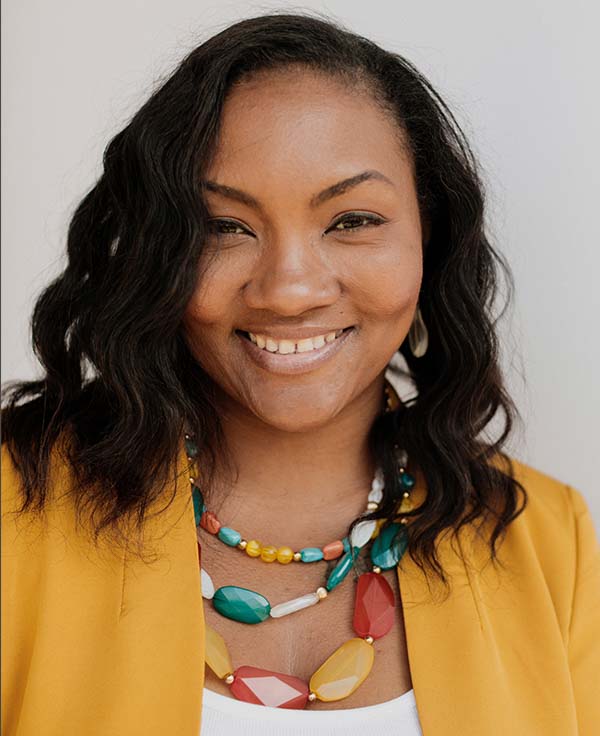 The ability to recognize where your challenges, pain, and any other part of yourself or environment serves as a barrier for you and you still continue to get up and move throughout the world in spite of those barriers, to achieve your level of actualization, happiness, or thriving state. ~ Tiffany Williams-Virden
The ability to recognize where your challenges, pain, and any other part of yourself or environment serves as a barrier for you and you still continue to get up and move throughout the world in spite of those barriers, to achieve your level of actualization, happiness, or thriving state. ~ Tiffany Williams-Virden Having investigated ideas of resilience, motivation, perseverance, and grit throughout graduate school, I really got to take a deep dive into these premises and tease out the nuances. Initially, I wanted to know, “how do young people in challenging circumstances grow these characteristics?” What I came to learn over time is that these characteristics cannot be defined until we understand what “success” or “achievement” looks like. Next came my realization that, for young people who are forced to overcome so much–like racism, poverty, segregation, inequitable funding for their schools–there is a completely different set of rules for the game of life that they have to play. While middle class America gets to measure achievement based on test scores and grades, so many of our most marginalized communities and youth — especially those that are youth of Color–have to be resilient every single day but in drastically different ways that often fray from the white dominant ideas of “achievement.” I was able to witness these counter-narrative ideas of resilience, excellence, and achievement every single day from marginalized youth of Color but the systems that they have to exist in–namely the public school system–often reminds them that their resilience, excellence, and achievement is not what matters to the Eurocentric white standards that have been built to exclude them. So, to me, resilience means having the strength to do what is needed for survival. To that point, I observed entire communities of youth– youth that our system labels as disengaged and underachieving–as the most resilient humans I have ever seen. ~ Michael Corral
Having investigated ideas of resilience, motivation, perseverance, and grit throughout graduate school, I really got to take a deep dive into these premises and tease out the nuances. Initially, I wanted to know, “how do young people in challenging circumstances grow these characteristics?” What I came to learn over time is that these characteristics cannot be defined until we understand what “success” or “achievement” looks like. Next came my realization that, for young people who are forced to overcome so much–like racism, poverty, segregation, inequitable funding for their schools–there is a completely different set of rules for the game of life that they have to play. While middle class America gets to measure achievement based on test scores and grades, so many of our most marginalized communities and youth — especially those that are youth of Color–have to be resilient every single day but in drastically different ways that often fray from the white dominant ideas of “achievement.” I was able to witness these counter-narrative ideas of resilience, excellence, and achievement every single day from marginalized youth of Color but the systems that they have to exist in–namely the public school system–often reminds them that their resilience, excellence, and achievement is not what matters to the Eurocentric white standards that have been built to exclude them. So, to me, resilience means having the strength to do what is needed for survival. To that point, I observed entire communities of youth– youth that our system labels as disengaged and underachieving–as the most resilient humans I have ever seen. ~ Michael CorralDANIELLE CERIBO
Operations Coordinator
They/Them/Theirs
Contact Danielle: danielle@promise54.org
MONISHA LOZIER
Partner
She/Her/Hers
Monisha is: a proud midwesterner, the wife of a submariner-turned-data geek/amateur bluegrass musician, a flawed-but-awed mother, a lucky daughter, a passionate coach, a fired-up feminist, an obsessive connector, and a work in progress. Monisha’s 25+ years of executive search and career coaching experience include roles as: a Co-Founder & Partner of Bellwether Education Partners, Managing Consultant in the education practice of AT Kearney Executive Search, and as a Client Partner in Korn/Ferry International’s education practice. Monisha holds a BA from Connecticut College and an MBA from the Kellogg School of Management at Northwestern University.
Contact Monisha: monisha@promise54.org
